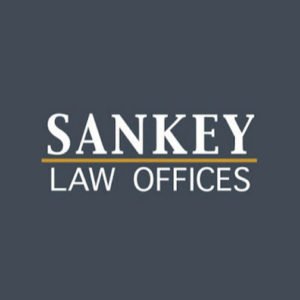
Parents Have the Right to Observe Their Child’s Special Education Program

What rights do parents have to observe their child in school? When you as a parent have concerns about your child’s performance, a classroom observation can provide important information about your child’s program. If you believe your child’s educational placement or program is inappropriate, parents can observe the classroom themselves or they can hire an expert or educational specialist to visit the classroom. In cases where the parents are considering filing a request for a due process hearing before the Bureau of Special Education Appeals (“BSEA”), an evaluation by an expert is almost always necessary. Without an observation by an expert, it is very difficult to prevail in a due process hearing before the BSEA. For instance, in a 2007 case before the BSEA, the hearing officer gave “little weight” to a parents’ expert who did not observe the student. If you wish to file a request for a due process hearing with the BSEA, an observation is an extremely important step in the process.
What Rights Do Parents and Their Experts Have to Observe?
In 2009 the Massachusetts legislature enacted a law strengthening the rights of parents and their evaluators to observe their child in school. The law requires that upon request, parents and parent-designated evaluators must be provided timely access to observe a child’s current program and any future program proposed for the child, including both academic and non-academic components of any program. This means that an observation can include gym class, art class and other specials in addition to academic classes like Mathematics and English Language Arts. All of these classes together make up your child’s educational program so it may be important to see your child in all of these classes to get a complete picture of his or her school day.
While the law does not specify a certain amount of time for an observation, it must be of “sufficient duration and extent” to enable a parent or expert to evaluate the child’s performance in the classroom. For further clarification on this point, the Massachusetts Department of Elementary and Secondary Education (“DESE”) issued an advisory stating that the complexities of the student’s needs as well as the programs to be observed should determine the scope and length of the observation. The DESE made clear that school districts should avoid rigid adherence to defined time limits that do not take into account the student’s needs and the settings to be observed. In fact, in another case before the BSEA, a school district had a policy stating that no parent was allowed to visit the classroom for more than 1 hour per month. When this policy was challenged by a parent who sought a longer observation of her child, the hearing officer found that the District’s policy failed to take into account the student’s needs and the settings to be observed. As a result, the hearing officer permitted the parent to conduct an observation that was much longer and more continuous than the 1 hour per month policy set by the District.
Limitations the District May (or May Not) Impose on Observations
Under Massachusetts law, a school district may only impose limitations on an observation if such rules are necessary to protect:
1) The safety of the children in the program during the observation; or
2) The integrity of the program during the observation; or
3) Children in the program from disclosure by an observer of confidential personally identifiable information obtained during the observation.
With this caveat, a school district may not impose any other arbitrary limitations on an observation that would preclude a full evaluation. For example, the BSEA has held that a school district may not limit the observation to certain specific classes or activities. In addition, observers must be given the opportunity to speak with teachers and other staff about the program. In a 2009 case, the BSEA hearing officer ordered school District staff to speak with the parents’ independent evaluator when the district staff had initially refused to do so.
Despite the amendments to Massachusetts law, the DESE’s corresponding advisory and decisions by the BSEA, all of which support the rights of parents to observe their children, many school districts across the state continue to place unlawful restrictions on parental observations. While the information in this article will hopefully assist you in asserting your rights when it comes to observations, please contact an attorney at Sankey Law Offices for additional information or any assistance you may need to help ensure that your child’s special education needs are met.
If you have specific questions about your child’s rights, then contact Sankey Law today at (781)930-3127 Or Email Us Using Our Contact Page


